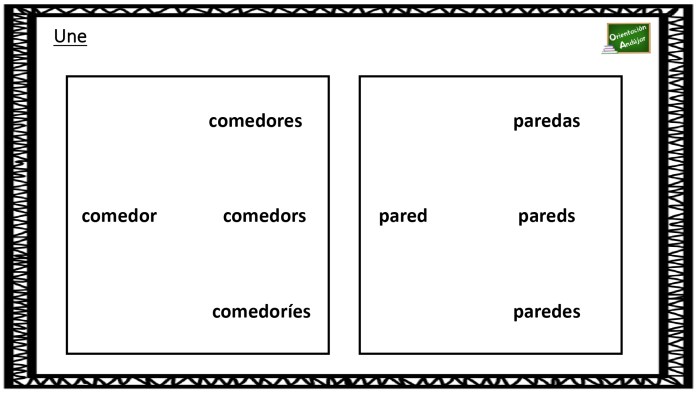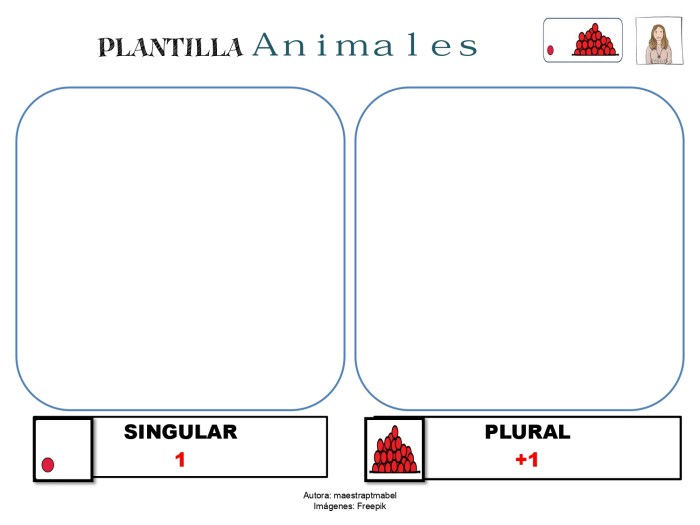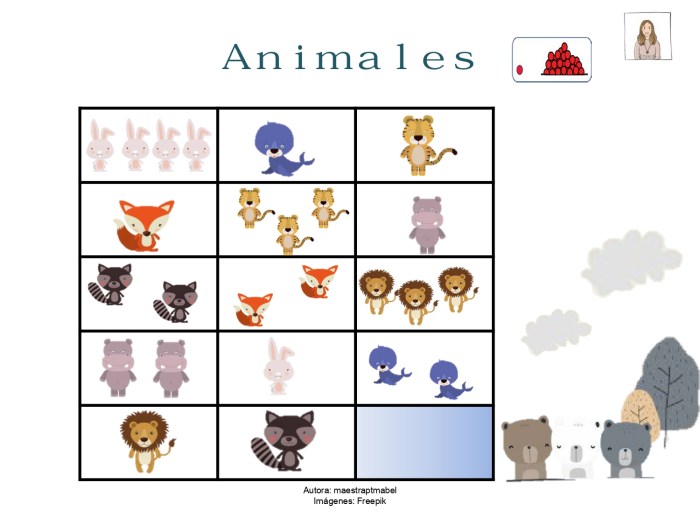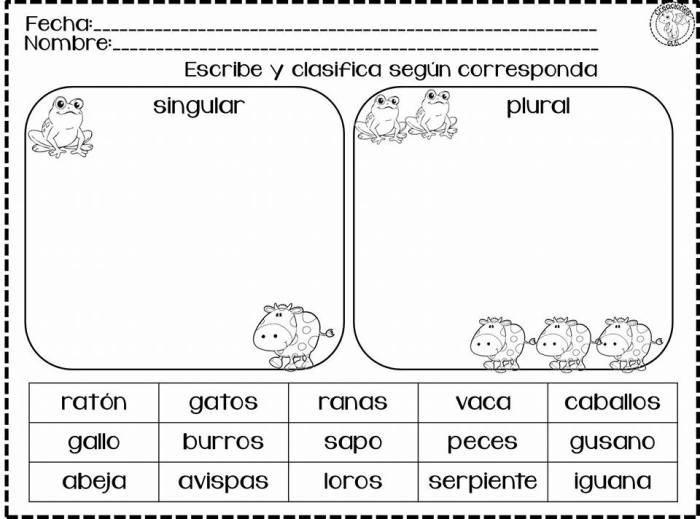As un diario singular or plural takes center stage, this opening passage beckons readers into a world crafted with precision, ensuring a reading experience that is both absorbing and distinctly original.
Delving into the intricacies of Spanish grammar, we embark on a journey to unravel the mysteries surrounding the singular and plural forms of “diario.” Join us as we explore the rules, exceptions, and semantic differences that shape the usage of this versatile noun.
Definition and Usage

In Spanish, “diario” can be used in both singular and plural forms, each with distinct meanings and usage. Understanding the difference between the two forms is crucial for accurate communication.
Singular Form
- The singular form “diario” refers to a specific daily publication, such as a newspaper or journal.
- It is typically used with the definite article “el” or “la” to indicate a particular newspaper.
Plural Form
- The plural form “diarios” refers to multiple daily publications or journals.
- It is often used without the definite article to indicate a general reference to newspapers or journals.
Grammar Rules

The use of the singular or plural form of “diario” in Spanish is determined by the number of diaries being referred to. When referring to one diary, the singular form “diario” is used. When referring to two or more diaries, the plural form “diarios” is used.
There are a few exceptions to this rule. First, the singular form “diario” can be used to refer to a general concept of a diary, rather than a specific diary. For example, one might say “Llevo un diario para registrar mis pensamientos” (“I keep a diary to record my thoughts”).
In this case, the singular form is used because the speaker is not referring to a specific diary, but rather to the general concept of keeping a diary.
Second, the plural form “diarios” can be used to refer to a collection of diaries, even if the collection contains only one diary. For example, one might say “Tengo una colección de diarios que he escrito a lo largo de los años” (“I have a collection of diaries that I have written over the years”).
In this case, the plural form is used because the speaker is referring to a collection of diaries, rather than a single diary.
Semantic Differences

The singular form of “diario” refers to a personal journal or diary, while the plural form “diarios” typically denotes multiple journals or publications. The specific meaning of the word depends on the context in which it is used.For instance, the sentence “Tengo un diario” translates to “I have a diary,” indicating a single personal record.
In contrast, “Leo los diarios todos los días” means “I read the newspapers every day,” referring to multiple publications.
Un diario singular or plural is a great way to keep track of your thoughts and experiences. If you’re looking for a comprehensive resource to help you create a very big branch worksheet, check out this . It includes everything you need to get started, from tips on choosing a topic to creating a timeline and writing an outline.
Whether you’re a student, teacher, or professional, a very big branch worksheet can be a valuable tool for organizing your thoughts and ideas. Un diario singular or plural is a great way to keep track of your progress and reflect on your experiences.
, Un diario singular or plural
Singular vs. Plural in Specific Contexts:
-
-*Personal Diary
“diario” (singular) refers to a private, handwritten record of thoughts and experiences.
-*Newspapers
“diarios” (plural) refers to printed or digital publications that provide news and information.
-*Academic Journals
“diarios” (plural) refers to scholarly publications that present research findings and academic discussions.
-*Travel Diaries
“diarios” (plural) refers to written accounts of travels and experiences, often published in books or magazines.
-*Historical Records
“diarios” (plural) refers to written accounts of historical events, often kept by individuals or organizations.
Translation and Equivalents

In English, the direct translation of “diario” is “diary.” However, there are some nuances to consider when translating between the two languages.
Singular Form
The singular form of “diario” in Spanish, which is “un diario,” translates to “a diary” in English. This typically refers to a personal journal or notebook where individuals record their thoughts, experiences, and reflections.
Plural Form
The plural form of “diario” in Spanish, which is “los diarios,” translates to “diaries” or “newspapers” in English. The context determines the specific meaning. “Diaries” refers to multiple personal journals, while “newspapers” refers to publications that provide news and information.
FAQ Resource: Un Diario Singular Or Plural
What is the difference between “un diario” and “unos diarios”?
Un diario is the singular form, meaning “a diary.” Unos diarios is the plural form, meaning “some diaries” or “several diaries.”
When should I use the singular form of “diario”?
Use the singular form when referring to a specific diary or when making a general statement about diaries.
When should I use the plural form of “diario”?
Use the plural form when referring to multiple diaries or when making a general statement about diaries in a group.